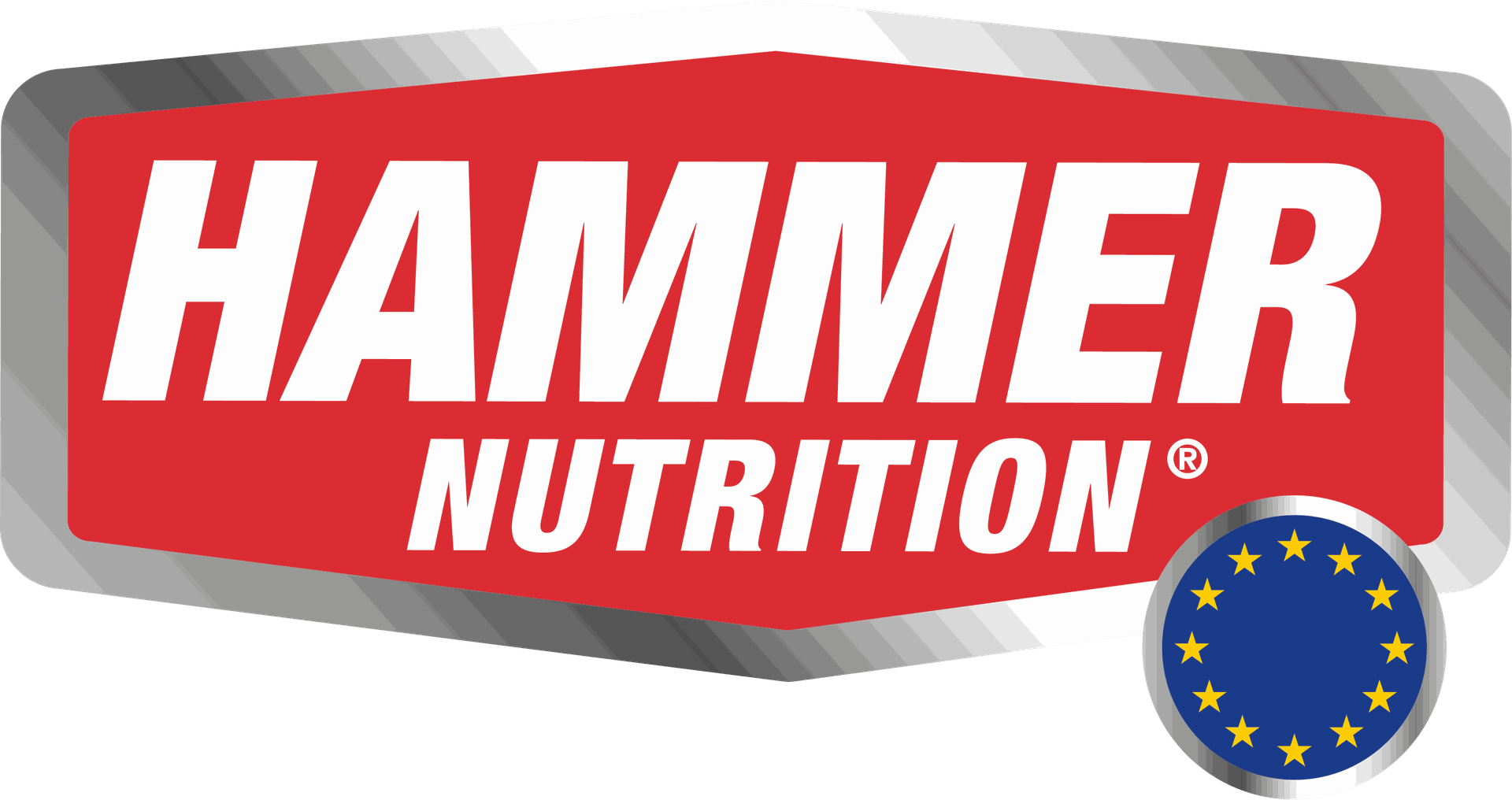Nutrition Education: Understanding the Role of Carbohydrates, Proteins, and Fats in Endurance Sports

Endurance sports, characterized by prolonged periods of exercise, place unique demands on an athlete's body. Athletes must fuel their bodies with the proper nutrients to meet these demands. This article delves into the role of carbohydrates, proteins, and fats in endurance sports, providing a comprehensive understanding of how these macronutrients contribute to optimal performance.
Macronutrient Needs of Endurance Athletes
Endurance athletes rely heavily on the aerobic system, which burns a significant amount of calories during training. This necessitates a high-calorie intake, primarily from macronutrients: carbohydrates, proteins, and fats. Understanding the role and importance of these macronutrients is crucial for optimizing performance and recovery.
Carbohydrates: The Fuel for Endurance
Carbohydrates are the primary source of energy for endurance athletes. Consuming carbohydrates before, during, and after exercise significantly affects exercise performance and recovery.
A carbohydrate-rich diet increases endurance capacity and intermittent high-intensity performance by maximizing glycogen stores in the muscles and liver.
Glycogen is the storage form of carbohydrates in the body. Athletes are increasingly adopting 'food-first' approaches for carbohydrate intake to improve exercise performance rather than relying solely on supplements. Foods like cooked lentils, oats, honey, raisins, rice, and potatoes are all effective pre-exercise carbohydrate sources.
Key Takeaway: Carbohydrates are essential for endurance athletes, providing the necessary fuel for optimal performance.
Proteins: The Building Blocks for Athletes
Protein is crucial in repairing and remodeling body proteins in active populations. The recommended protein intake for endurance athletes is 1.2–1.4 g per kg body weight daily. This higher intake compared to sedentary individuals may be partly related to the increased amino acid oxidation during prolonged endurance exercise.
Endurance exercise can enhance the breakdown of muscle proteins during exercise and stimulate muscle protein synthesis for up to 24 hours after exercise. Consuming protein after exercise enhances this muscle protein synthesis, which is vital for recovery.
Key Takeaway: Protein is vital for repairing and remodeling body proteins, making it a crucial part of an endurance athlete's diet.
Fats: The Energy Reserve
Fats play a crucial role in endurance sports by providing a vital energy reserve.
They are the most energy-dense macronutrient, providing 9 kcal per gram compared to 4 kcal per gram from carbohydrates and protein.
However, there is a delicate balance between carbohydrate and fat oxidation. Increasing fat oxidation by restricting carbohydrates can improve endurance capacity but may impair high-intensity performance.
Key Takeaway: Fats provide a vital fuel reserve for endurance athletes and aid performance at lower exercise intensities.
Micronutrients
Hydration - Fluid and Electrolytes
Dehydration degrades exercise performance and can lead to heat illness. Endurance athletes need adequate fluids to maintain hydration before, during, and after exercise. Sports drinks provide electrolytes like sodium and potassium that are lost in sweat.
Iron - Oxygen Transport and Energy
Iron is crucial for oxygen transport and energy production. Endurance athletes, especially women, are at higher risk of iron-deficiency anemia. Eating iron-rich foods like meat, spinach, and lentils may help maintain iron levels.
Calcium and Vitamin D - For Bone Health
Weight-bearing endurance sports like running increase calcium needs to support bone health. Consuming calcium-rich dairy along with plant sources helps meet needs. Vitamin D aids calcium absorption and bone remodeling.
References
Hydration and Endurance Training
Hydration is crucial for all athletes but is especially important for endurance athletes. Proper hydration before, during, and after training and competition is essential for optimal performance and recovery. Electrolytes, which aid in water absorption into the bloodstream, play a key role in maintaining hydration levels during prolonged exercise.
Periodizing Nutrition Based on Training Intensity
The macronutrient needs of athletes can vary based on their training schedule and goals. This concept, known as periodizing nutrition, involves adjusting an athlete's diet to match the intensity and duration of their training sessions. By aligning their nutrition strategy with their training plan, athletes can ensure they are fueling their bodies effectively for each workout.
Conclusion
Understanding the role of carbohydrates, proteins, and fats in endurance sports is crucial for athletes to optimize their performance. By balancing these three macronutrients, athletes can ensure they have the energy for high-intensity workouts, the building blocks for muscle repair and growth, and a reserve of energy for endurance. Remember, every athlete is unique, and what works for one may not work for another. It's always best to consult a sports nutritionist or dietitian to create a personalized nutrition plan that fits your needs and goals.
Remember: Proper nutrition is just as important as your training regimen. Fuel your body right for optimal performance in endurance sports.







![[ELFG-13T] Endurolytes Fizz - Tablets for electrolytes drinks (Grapefruit, 1 x 13 pcs)](/web/image/product.product/1112/image_256)
![[ELFGRB-BOX] Endurolytes Fizz - Tablets for electrolytes drinks (Grape, (12 x 13) BOX)](/web/image/product.product/1111/image_256)